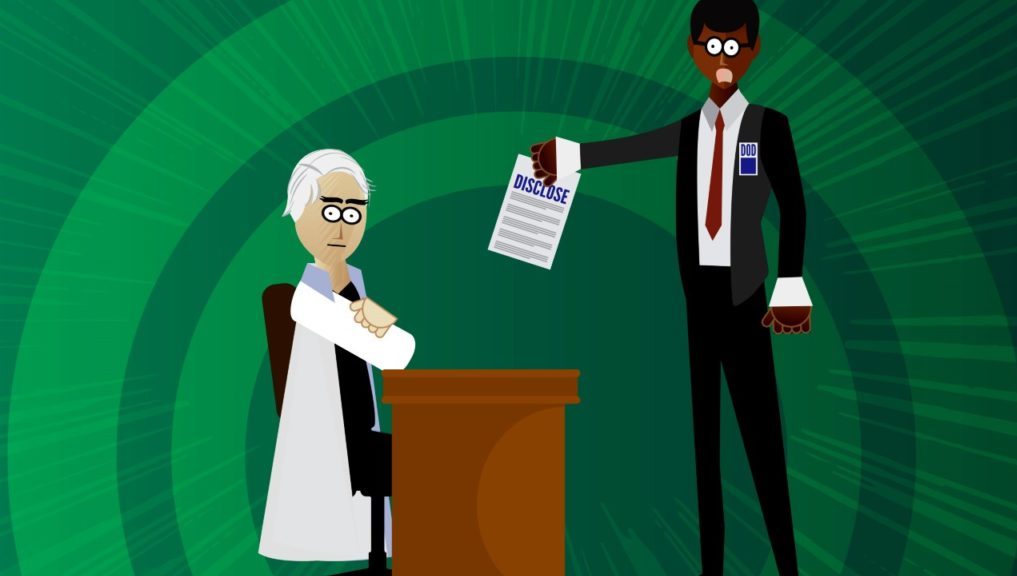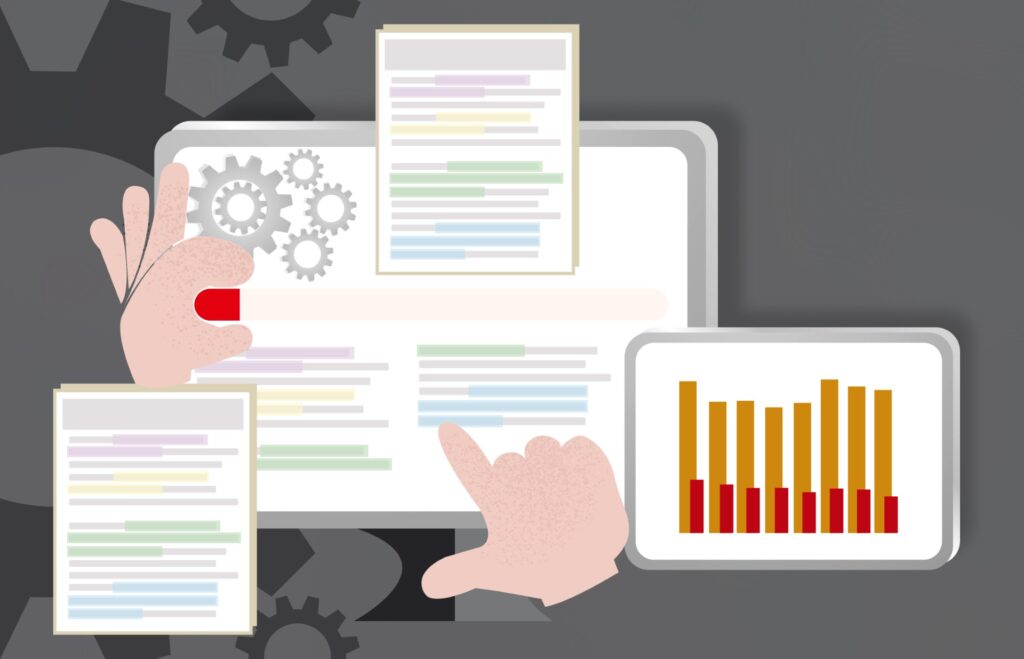Charles Lieber was the head of Harvard University’s Department of Chemistry and Chemical Biology until he and two additional Chinese academics in Boston were arrested last year. According to a U.S. Department of Justice press release:
“These cases are part of the Department of Justice’s China Initiative, which reflects the strategic priority of countering Chinese national security threats and reinforces the President’s overall national security strategy.”
What is at risk according to our government? “The initiative will increase efforts to protect our critical infrastructure against external threats including foreign direct investment, supply chain threats and the foreign agents seeking to influence the American public and policymakers.”
According to the senior editor and writer at Boston Magazine, Catherine Elton, the city of Boston was ground zero for the Department of Justice’s China Initiative. But all of academia is being targeted now; in fact, a scientist from Houston-based MD Anderson was accused of being too-close with China. She has since moved to a Chinese university. Additionally, Elton quoted Andrew Kim, a law professor currently at South Texas College of Law Houston, in her article, “City of Spies,” as saying: “Chinese scientists are now facing scrutiny for the new crime of ‘researching while Asian.’” Though it is a stretch to assume that every Chinese national is a spy, there are myriad reasons a “Do Ask, Do Tell” model is in place.
Thousand Talents Plan
Chinese researchers have tried to glean research information in less than opportune ways, historically. In 2019, a Senate committee investigation found cases of talent-recruitment programs acting nefariously. Some set up identical labs in China to recreate the government-funded research going on in the U.S. Also behavior like removing files and filing plagiaristic patents were also observed. While Leiber’s “espionage” may be suspect, it’s a little more straightforward when a Chinese academic attempts to smuggle vials of biological agents within socks in his luggage – while on a flight back to China.
The problem for the Chinese has never been about recreating the research – their well-educated scientists are exceptionally skilled at reverse-engineering.
And, to be honest, the “Publish or Perish” rule maintains that the IP will eventually make its way to the general public – even those in China. It’s just that intangible theory at the center of the research they can’t always quite bring to life.
In “City of Spies,” James Mulvenon, a Chinese linguist who works closely with U.S. government agencies, said, “It’s one thing to steal the plans or the schematics of how to do really high-end material science, but it’s even better if somebody explains it to you.” Thus, the Thousand Talents Program was born.
Warrented?
Charles Lieber became very wealthy setting up a Chinese lab and agreeing to work nine months out of the year for the Wuhan University of Technology (WUT) in China. But is an arrest warranted when it really boils down to a paperwork mishap and moonlighting without informing his employer? While still presumed innocent until proven guilty, he posted a $1 million bond, surrendered his passport and is looking at five years in prison.
There are other stories involving million-dollar deals and even access to women if scientists will move to China and bring their IP with them. So yes, it is warranted for the government to be involved in finding cases of outright abuse. In an article in The Conversation, James Jin Kang notes that “China’s technology development and intellectual property portfolio has skyrocketed since the launch of the [Thousand Talents Plan] in 2008. Last year, China overtook the U.S. for the first time in filing the most international patents.”
But others say it is an issue of bias. That Chinese and Chinese-American researchers feel targeted and that can only hurt the research ecosystem in the United States. Said Claudia Neuhauser, associate vice president/associate vice chancellor for research and technology transfer at the University of Houston, in an article entitled, “How Should Universities View China”: “We have enjoyed and benefited from decades of relative tranquility in academia where the focus on fundamental science created a global community of scholars that came with a free and unrestrained exchange of ideas. Research thrived in this community without political borders — who researchers collaborated with was defined by expertise, not citizenship.” Even going as far as to refer to the “New World Order,” she says this is not the case anymore.
The president of the Massachusetts Institute of Technology, L. Rafeal Reif, wrote an op-ed in the New York Times and sent out an email stating: “I am well aware of the risks of academic espionage, and MIT has established prudent policies to protect against such breaches. But in managing these risks, we must take great care not to create a toxic atmosphere of unfounded suspicion and fear.”
They’re going wide
According to Elton’s article, the National Institutes of Health, U.S. Department of Defense and other organizations have been investigating professors for hints of Sino-American collaboration that have not been disclosed. It’s only been very recently that universities have ramped up the disclosure rules. “They’ve changed the paradigm midstream,” says Peter Zeidenberg, a D.C.-based attorney, in regard to disclosing collaborations with foreign entities. “And they go back and say, ‘Well, let’s see what you reported in 2016 or 2008.’ At that time, this wasn’t on anybody’s radar.” According to UH’s Neuhauser: “While disclosure of foreign and domestic support has been a requirement for decades, the increased scrutiny of foreign ties with China has put this issue on the front burner of any researcher with foreign ties,” She explains: “Researchers don’t want to run afoul of any requirements. But the rules are complex and there are nuances among funding agencies, which adds to the challenge to communicate the rules and regulations to our researchers. Going forward, we will need not only user-friendly platforms for disclosure but also regular reminders of what needs to be disclosed.”
The Big Idea
Fair or not, we are in bitter competition with the country. “Looking at cases across the nation, small numbers of researchers of Chinese background may indeed have acted in bad faith, but they are the exception and very far from the rule. Yet faculty members, post-docs, research staff and students tell me that, in their dealings with government agencies, they now feel unfairly scrutinized, stigmatized and on edge – because of their Chinese ethnicity alone,” said MIT’s Reif. Whether you believe the shift is politically or racially-driven, the author of “City of Spies” contacted dozens of Chinese scientists in the U.S. How many agreed to speak with her? One. And when asked if they had been questioned by the Federal Bureau of Investigation, their answer was a chilling, “Not yet.”



